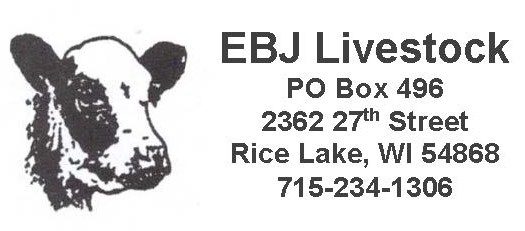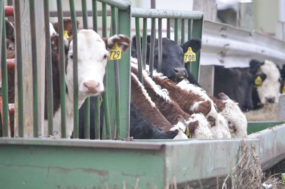The trade deal has been in talks since 2017 after the Trump administration opted out of the renegotiated Trans-Pacific Partnership, now the Comprehensive and Progressive Agreement for Trans-Pacific Partnership (CPTPP). The new trade deal will ideally put U.S. beef exports back on an even playing field with those from competing exporting countries, particularly Australia, Canada and New Zealand.
Japan is the world’s third-largest economy with a large, stable consumer base, so lower tariff rates can have a significant effect on the market for U.S. products. “These deals are a game-changer for our farmers and our ranchers,” Trump said at the signing ceremony. “We’ve been working very hard in this, providing them with significantly enhanced access to a critical foreign market.” He continued, “These two agreements will create countless jobs, expand investment commerce, reduce our trade deficit very substantially, promote fairness and reciprocity, and unlock opportunities for growth.”
Some opportunities for growth include some U.S. products that will not receive competitive access to Japan’s consumers compared to products from countries in the CPTPP and the EU-Japan trade agreement finalized earlier this year, including butter and other dairy products along with some grains.
The big winners in the new trade deal are beef and pork. Tariffs on U.S. beef will reduce from the current 38.5% to the 26.6% currently imposed on CPTPP countries. Both the U.S. and CPTPP countries will follow a schedule that will reduce beef tariffs to 9% by 2033. Tariffs on pork muscle cuts will be eliminated over nine years, and the current 20% tariff on ground seasoned pork eliminated over five years.
“As the top market for U.S. beef exports, Japan accounts for one-quarter of our exports and roughly $2 billion in annual sales,” said NCBA President Jennifer Houston in a statement following the signing ceremony. “As a beef producer, I understand the value of exports to my bottom line, and President Trump understands that increased access to foreign markets like Japan is the economic stimulus we need.”
U.S. products receiving significant tariff reductions include ethanol (10% over 10 years), wheat (45% tariff reduction) and cheese, the largest U.S. dairy export (up to 40% over 15 years). ![]()

-
Carrie Veselka
- Editor
- Progressive Cattle
- Email Carrie Veselka








